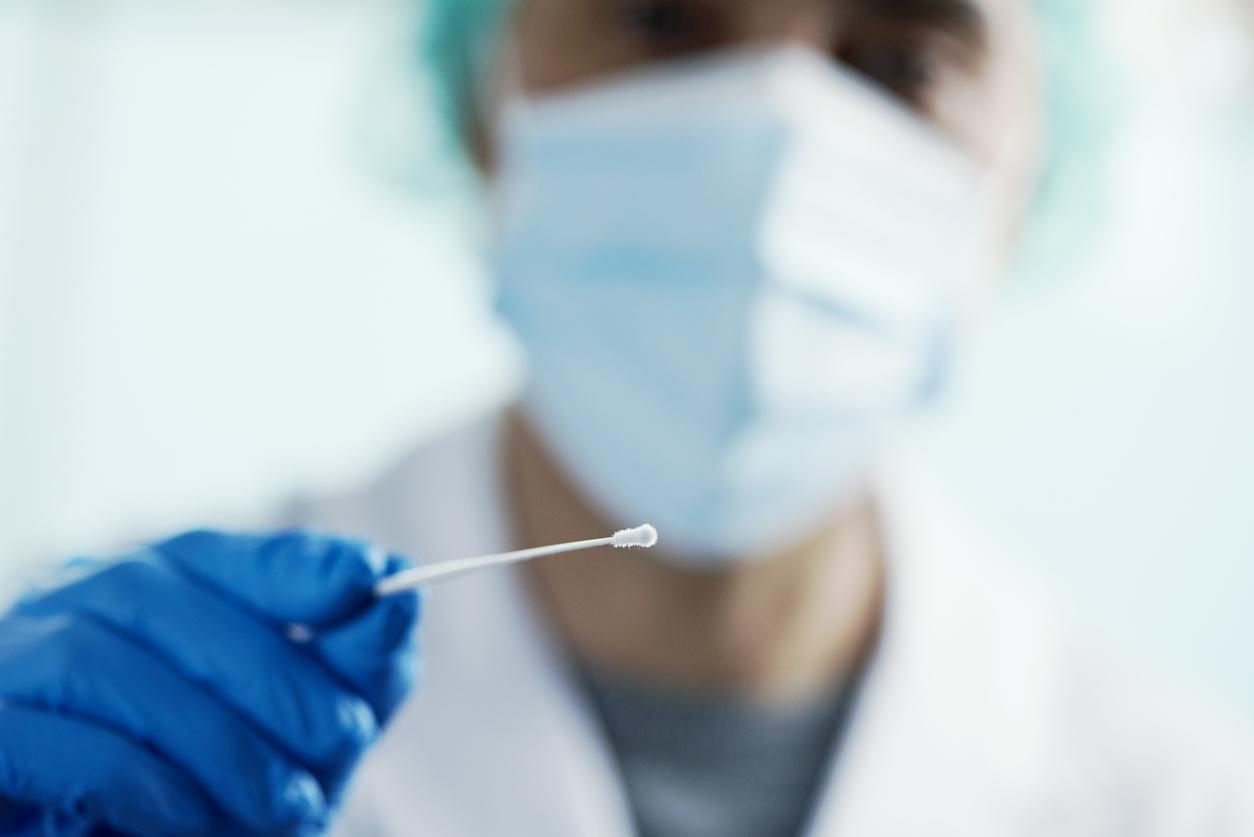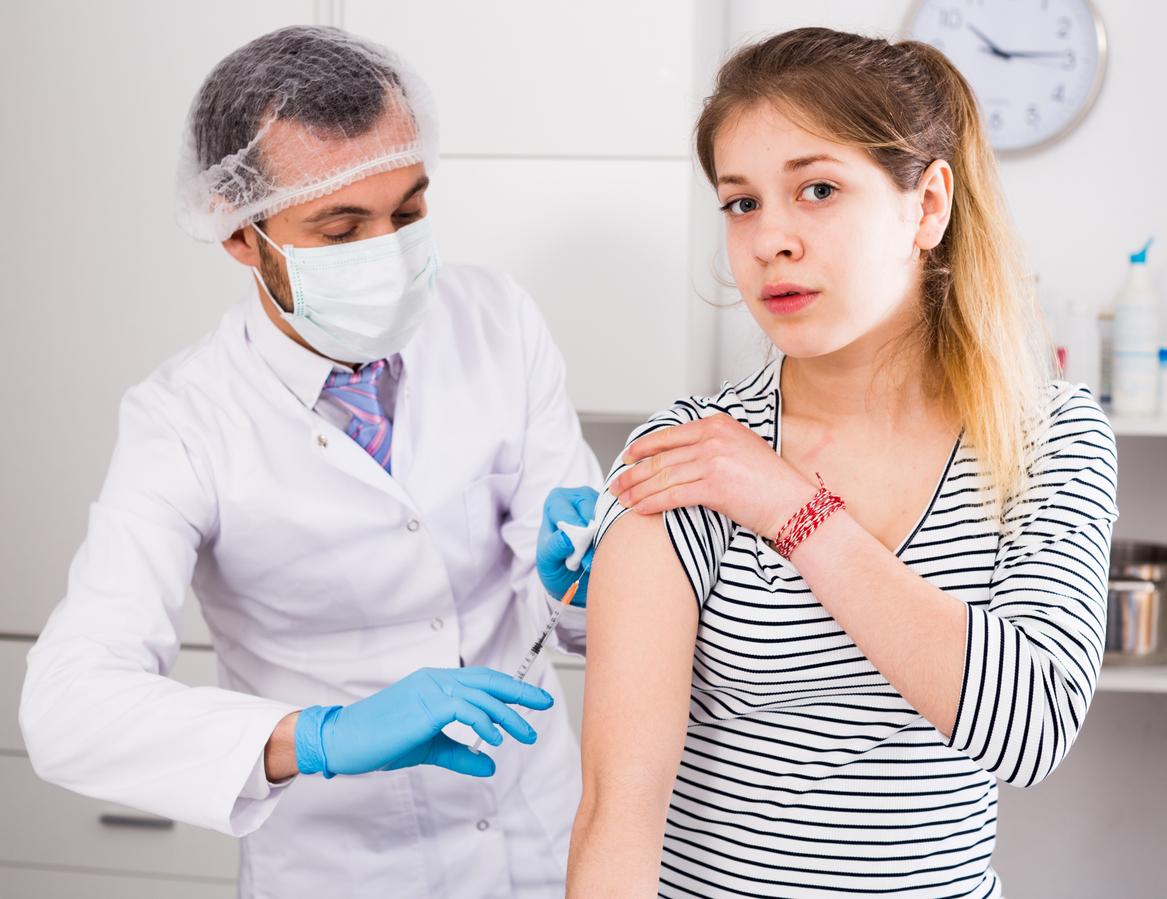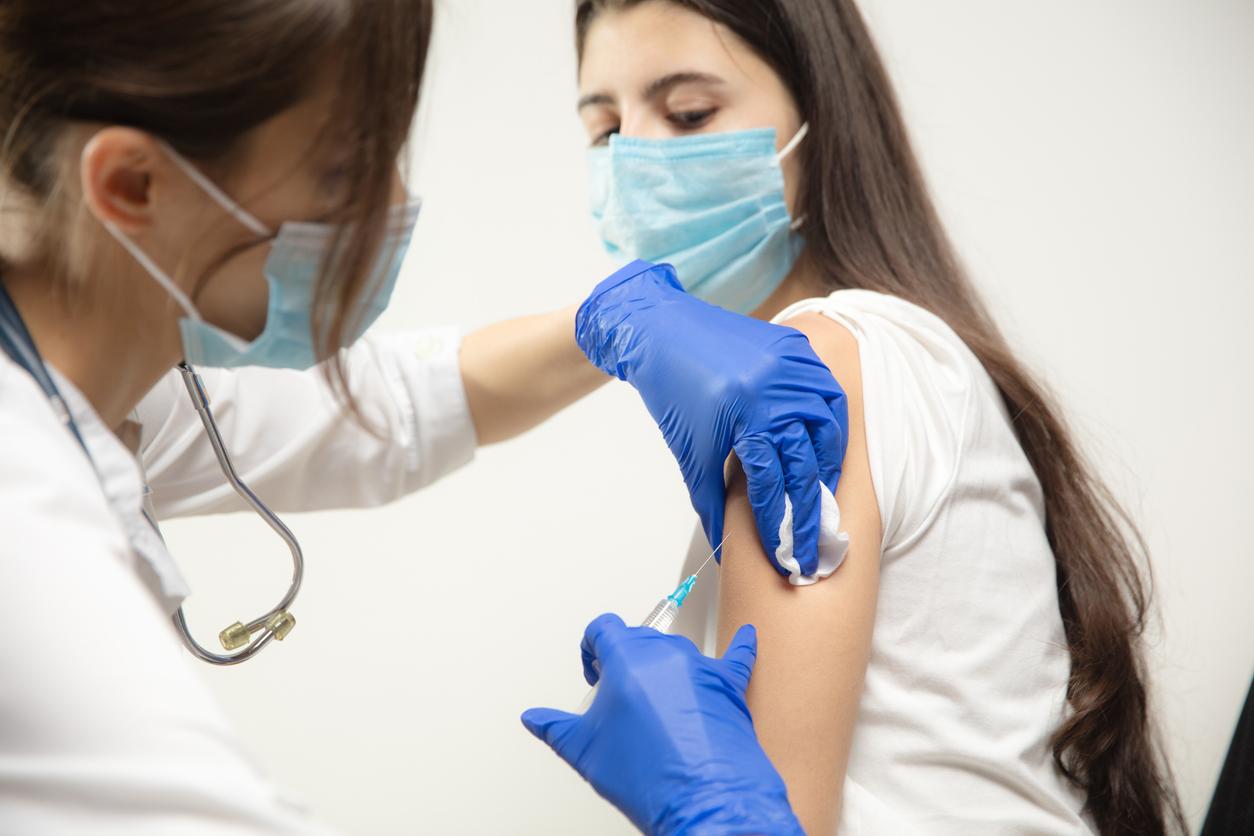
Now that the corona measures have been tightened up again, a bright spot is more than welcome. Fortunately, there are also positive developments. Three messages about vaccines that give hope for a way out of the corona crisis.
Good news 1: Decrease in infections seen with Pfizer vaccine
Although the figures are not yet set in stone, the reports from Israel – where they are leading the way in distributing the corona vaccine – are positive. There is talk of a drop in infections of 33 to even 60 percent among people who have had a first vaccination.
The first to release numbers was Clalit; the largest health service in Israel. This government organization reports that vaccinees 14 days after the first injection have no less than 33 percent less chance of corona infection. They looked at the data of about 400,000 of their patients. Another health service, Maccabi, also studied the data of about 400,000 people. This government service looked at the results of corona tests of both people who have already had a first vaccination and unvaccinated. Maccabi speaks of a decrease of 50-60 percent.
Sharon Alroy-Preis of the Israeli Ministry of Health does say that these are the provisional figures. It is still unclear why there is such a large difference in percentages. The corona vaccine used in both cases is that of Pfizer.
Good news 2: Almost 50,000 Dutch people have already been vaccinated
Molecular scientist Yorick Bleijenberg keeps track on Twitter how many people in the Netherlands receive a corona vaccination every day. On Wednesday, January 13, about 47,000 Dutch people had been vaccinated, an increase of 2,000 compared to the day before. That means that 0.27% of the population had received a vaccination that day. The pace of vaccinations will of course be increased in the coming weeks. According to Minister Hugo de Jonge, it is expected that all Dutch people (who want to) will be vaccinated against COVID-19 by the autumn of 2021.
Good news 3: The third vaccine is on its way
The vaccines from Pfizer and Moderna have been approved, but a third vaccine is now on the way: that from AstraZeneca/Oxford. The European Medicines Agency will issue an opinion on January 29, after which the European Commission will decide whether it will go on the market. Released last week the research results in The Lancet about this AstraZeneca vaccine. Its effectiveness is 62 percent, which is lower than the 95% of the other two vaccines. But one subgroup did have a high effectiveness of 90%. What turned out? This subgroup had received a lower first dose. So possibly this vaccine is almost as effective as the other two, and you need even less of it than expected.

















